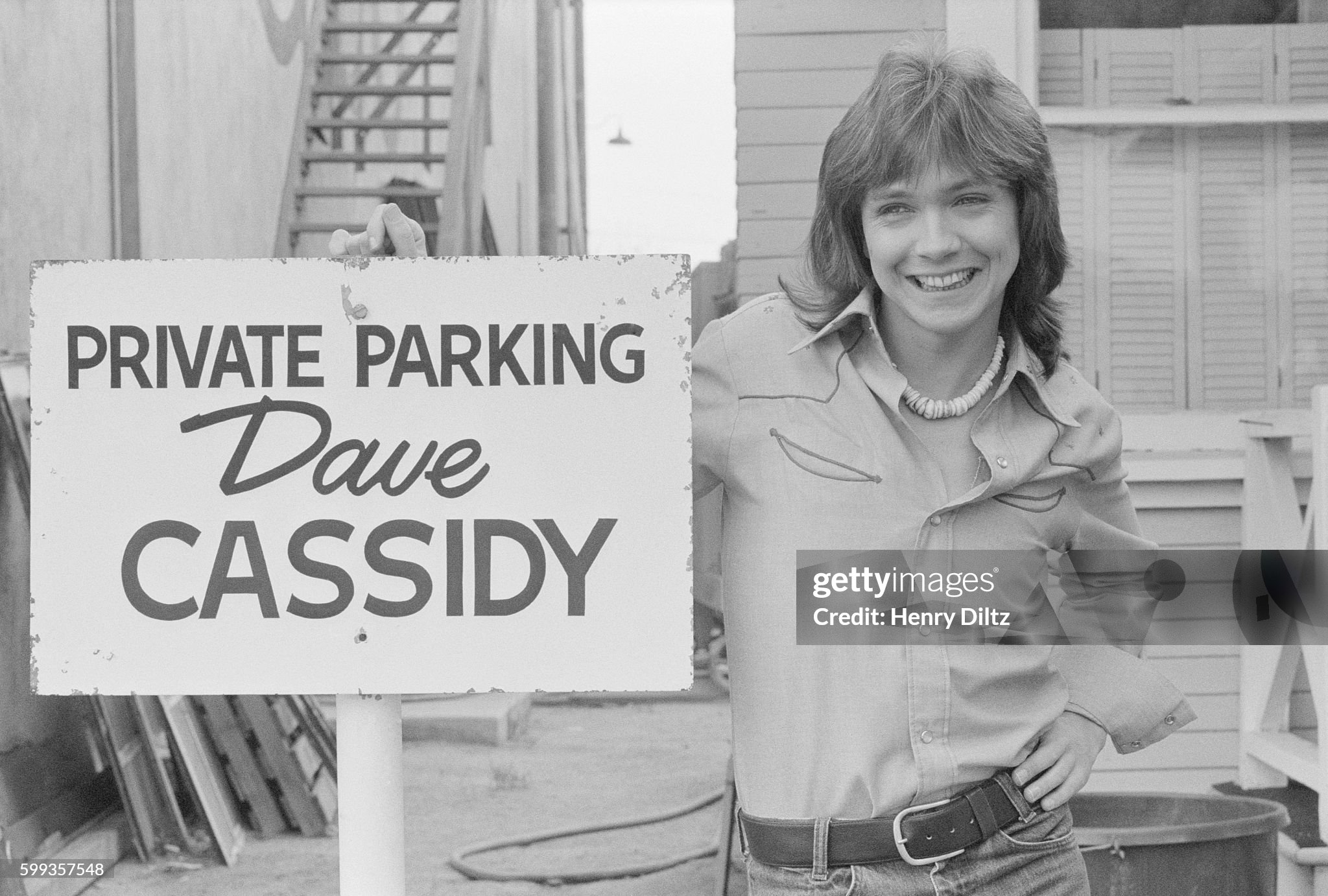
“Darlin’” unfolds like a quiet letter never sent, where love is spoken gently, with hesitation, memory, and a hope that lingers between the lines.
When David Cassidy recorded “Darlin’” in the mid-1970s, the song seemed to arrive not with the urgency of youth, but with the calm weight of experience. By this time, Cassidy’s voice had changed—not dramatically, but perceptibly. It carried less sparkle and more shadow, less insistence and more reflection. And that subtle transformation is precisely what gives his interpretation of “Darlin’” its lasting emotional pull.
Originally written by Brian Wilson and Mike Love, “Darlin’” was already known as a declaration of affection wrapped in classic pop-soul warmth. In Cassidy’s hands, however, the song becomes something more inward-looking. He does not sing as someone chasing love, but as someone holding it carefully, aware of how fragile it can be. There is tenderness here, but also restraint—a sense that love, when spoken too loudly, might break under its own weight.
Released as a single and also included on the album “The Higher They Climb”, “Darlin’” fits seamlessly into a body of work shaped by maturity and self-awareness. The album itself feels like a quiet meditation on ascent and consequence—on what it means to rise, to be seen, and then to search for something solid once the noise fades. Within that context, “Darlin’” stands out as one of the most emotionally direct moments on the record. It does not attempt to impress. It simply speaks.
The arrangement is warm and unhurried. The rhythm moves at a gentle pace, allowing space for the melody to breathe. Strings and background harmonies support rather than compete, creating a soft cushion for Cassidy’s vocal. There is no rush to reach the chorus; each line is given time to settle. This musical patience mirrors the emotional tone of the song—love that is willing to wait, willing to listen, willing to remain.
What makes Cassidy’s performance especially affecting is the sense of vulnerability beneath its smooth surface. He sings “Darlin’” not as a promise of perfection, but as an appeal for understanding. The words feel less like persuasion and more like reassurance: I am here, I care, and I hope that is enough. It is the voice of someone who knows that love is not sustained by grand gestures, but by consistency, presence, and honesty.
There is also an unmistakable air of nostalgia woven into the song, even at the moment of its release. It sounds like a memory forming in real time—aware that this tenderness may one day be looked back upon with longing. That quality allows “Darlin’” to age beautifully. With each passing year, it seems to gather more meaning, more quiet resonance, as if it understands the passage of time and accepts it without resistance.
For listeners, “Darlin’” often becomes tied to personal moments rather than public milestones. It is a song remembered during quiet evenings, during reflections that arrive unannounced, during moments when the heart speaks more clearly than the mind. Cassidy’s voice, warm and slightly worn, feels like a familiar presence—someone who does not interrupt, but stays.
In the broader arc of David Cassidy’s musical journey, “Darlin’” represents a turning inward. It shows an artist stepping away from expectation and leaning into sincerity. There is no performance mask here, only emotion shaped into melody. And perhaps that is why the song continues to resonate. It does not demand attention. It earns it—slowly, gently, and with a grace that lingers long after the final note fades.